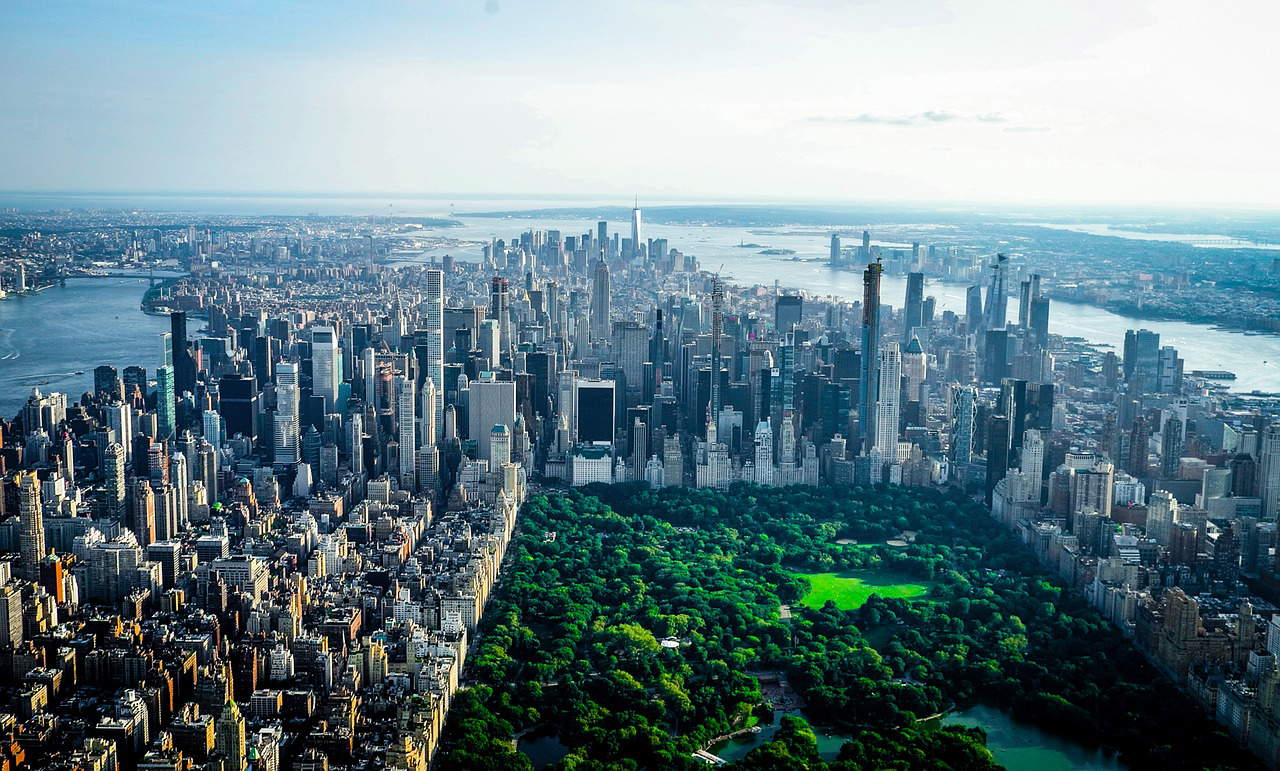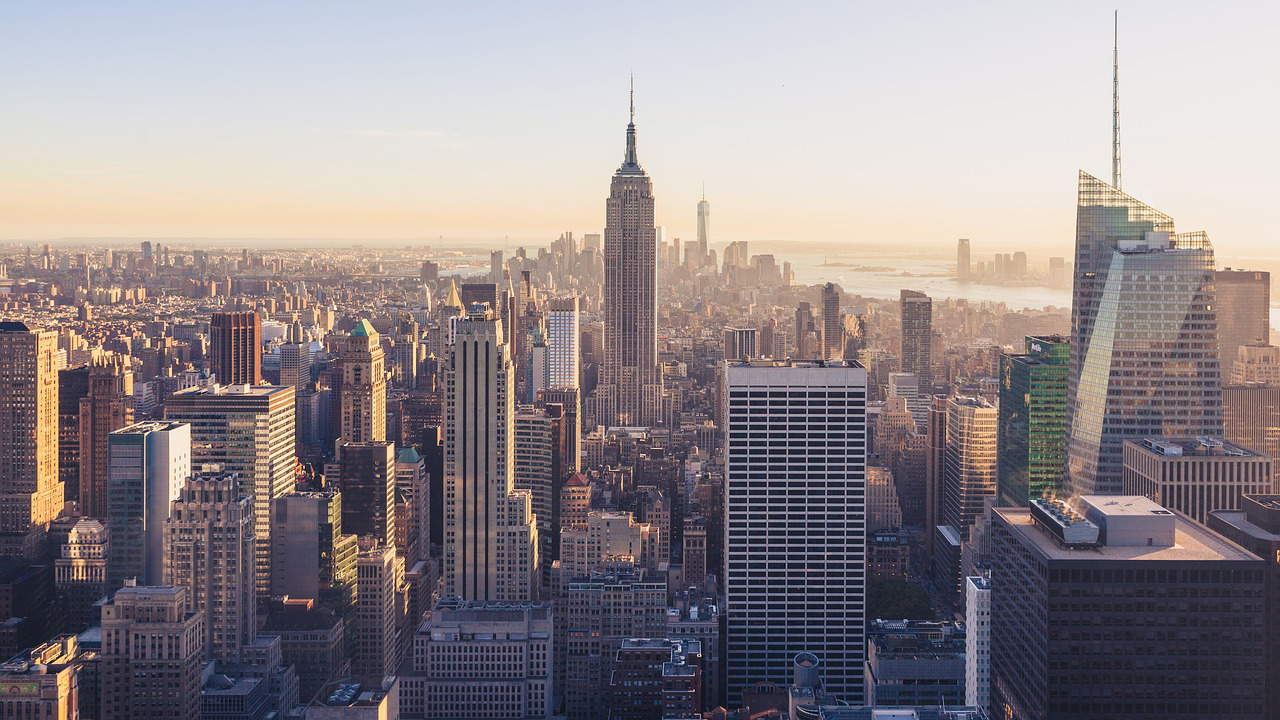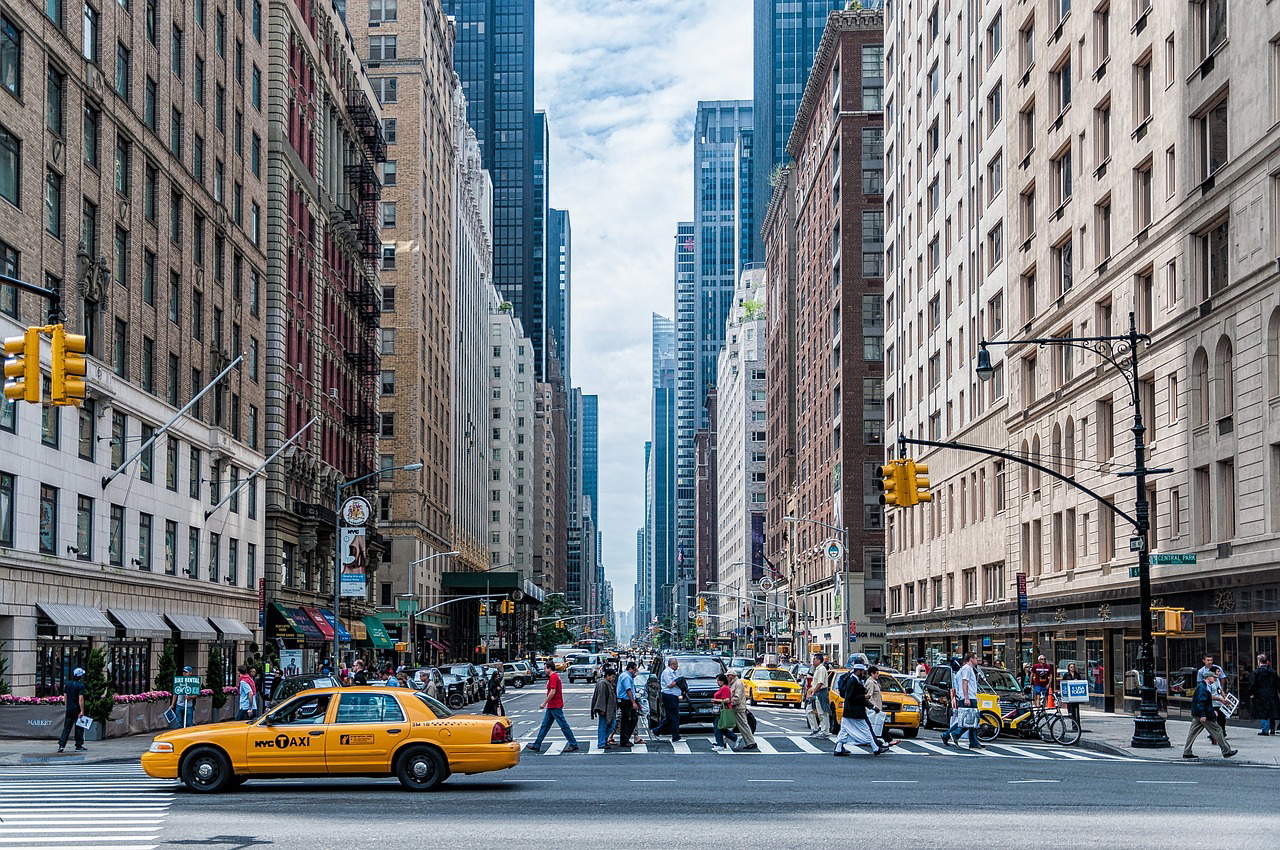"NewYork, New York," sang Frank Sinitra: “I want to wake up in the city that never sleeps / To find out that I am an important person, at the top.” But now many are in danger of not sleeping there, at least not in a hotel. The real war on B&B-style short rentals (which then B&Bs were not) finds in New York’s Local Law Number 18 of 2022 (the “Short-term rental registration law”) a watershed on the “sharing economy” phenomenon. It is as if he said “playtime is over,” “let’s get some order back in.” In New York, by a draconian measure, they are in fact basically taking the idea of the B&B as it originated in Ireland two centuries ago back to its roots: I host the stranger in my house, offer him breakfast, and the next day he leaves.
Let’s see in detail. As of yesterday, September 5, a law came into effect in the Big Apple that establishes a ban on letting more than two people (regardless of the size of the house) sleep, for more than 2 nights, in the house where, among other things, compulsorily the owner must also reside and where, it is specified in the law, there can be no locked interior doors. All for a maximum of 30 days per year.

The economic phenomenon that has exploded in the last 8-10 years all over the world, with the development of specially dedicated sites (Airbnb, Booking and the like), going to expand especially in art cities and historic centers as alternatives of hotels (with the idea, or so at least was the original spirit, of giving tourists an extra experience if they went to live in a native’s home instead of a standardized hotel), went on to empty entire buildings of residents who preferred to move to the suburbs in order to rent out their downtown homes at ever-increasing prices. Even there was a rush to buy houses downtown in order to rent them out to tourists as a much more profitable investment than with families. Finestre Sull’Arte has already talked about this on other occasions, touching on the subject ofovertourism, and then again on the hypotheses of introducing tickets or subsidies to enter Florence or Venice (and again on Venice here and here) with the comparison of economic development that rented houses bring compared to hotels here.
New York has said enough is enough. The dizzying level of housing for residents and students was suffering from the tourist phenomenon, and so this rule was introduced that to call restrictive is an understatement. First of all, because, really, in order to rent one’s home to the outsider one has to live there when the tourist is present, whereas today everyone rents empty houses (indeed often more than one), and lives elsewhere making it a real business activity (and thus not salary rounding as it was in the beginning). In addition, New York has also seen fit to include a prohibition that the interior rooms of the house rented to the tourist be locked, because the whole house must be accessible to the guest: something that makes one smile, but which aims to prevent the owner from splitting the apartment in two to isolate himself, with independent services thus circumventing the rule.

But that’s not the end of the story: the exiicial blow to the phenomenon could be that it provides for a maximum of two guests at a time and for a maximum of two days. It is then virtually impossible to compete with a classic accommodation facility. And it also wants to put an end to the phenomenon of the underground by forcing those who want to do this activity to register on a special site (a municipal registry) where they will be identified with a unique code by the authorities and until they have the authorization they will be prohibited from advertising their house on offer. And of ’featured’ houses on specialized sites there would have been about 40 thousand before the rule went into effect: the number is set to decrease drastically, and the rule to induce owners (at least this is the legislator’s hope behind the law) to put houses back on the residential rental market thereby helping to lower the price of rentals by increasing supply. In fact, a family wanting to rent an apartment in the Big Apple faced monthly rents of around $4,400 in Manhattan, $4,000 in Brooklyn, and nearly $4,000 in Queens at the beginning of 2023. Penalties for violators are $5,000 for landlords and $1,500 for platforms for each “irregular” rent.
In Italy and Europe (Paris, Berlin, Amsterdam, Barcelona...), they seemed to be trying to square a system that would hold together the novelty of the phenomenon and the needs of residents but without success. New York has acted drastically: you will not be able to rent your apartment even when you are on vacation as you run the obligation to be present when the guest is there. And this needs to be reflected upon.
New York City, whose mayor is Democrat Eric Leroy Adams, has been driven by the need to get New Yorkers who are now less than 2019, pre-Covid era, New Yorkers back to living in the city with the fear of a housing crisis drugged by the surge in short rentals.

Rejoice hoteliers around the world because in fact New York will shut down the home-sharing experience: how many today value their privacy, their confidentiality, and are willing to have strangers for a home? Airbnb has not been idle and has been trying to stop the law in recent months, with Airbnb’s Director of Global Policies Theo Yedinsky calling the law’s enactment “A blow to New York City’s tourism economy and the thousands of New Yorkers and small businesses in the outer boroughs who rely on home sharing and tourism dollars to help make ends meet.”
In Italy, after several half-hearted attempts by regions and municipalities over the past five to six years, the government in July proposed a draft bill to local authorities and categories to come to the table and find the Italian way. Again it envisions an owner identification code (already in place in many regions for years) and would see a minimum stay of 2 nights and focus on in municipalities with a tourist vocation (cities such as Milan, Rome, Turin, Genoa, Bologna, Florence, Venice, Naples, Bari, Reggio Calabria, Palermo, Catania, Messina and Cagliari but also seaside or mountain resorts). We will see what comes out of the discussion and the final text of the bill.
 |
| New York's courage: anti-Airbnb law on short-term rentals goes into effect |
Warning: the translation into English of the original Italian article was created using automatic tools. We undertake to review all articles, but we do not guarantee the total absence of inaccuracies in the translation due to the program. You can find the original by clicking on the ITA button. If you find any mistake,please contact us.